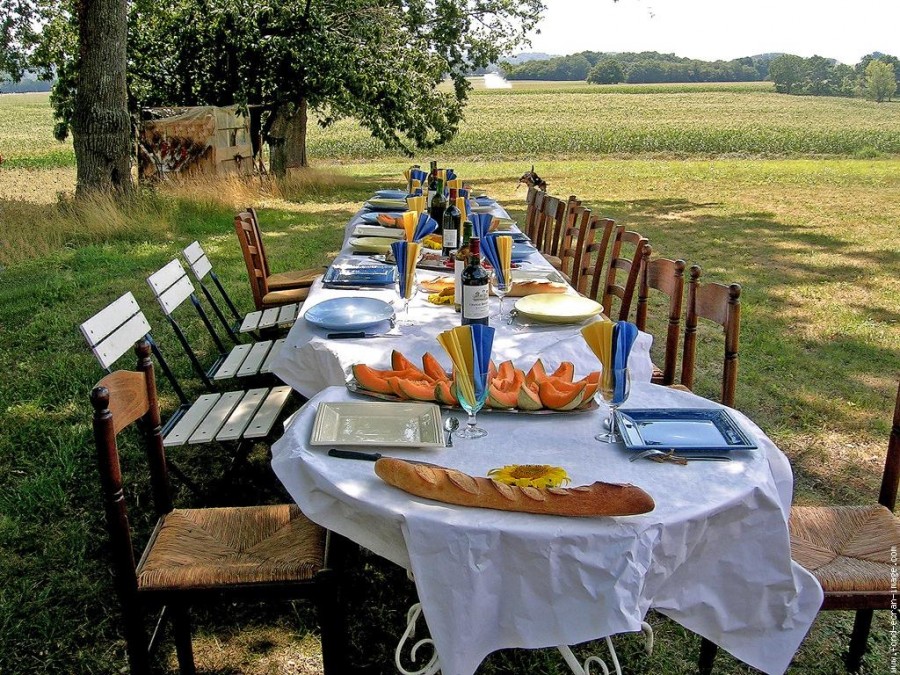It took a young mayor to come up with a bright idea to repopulate the ghost town of San Basile, located on the slopes of Mount Pollino in the province of Cosenza (Calabria). The online initiative was called: A home in San Basile. A couple of years ago, Mayor Vincenzo Tamburi put up for sale about 150 abandoned homes and parcels of land ranging from as little as Euro 5,000 each (about $7,000) to a maximum of Euro 60,000 ($80,000). San Basile was an instantaneous success with buyers from all over the world.
We have to remember that San Basile is not an exception; many small towns in Italy have suffered tremendously from past migrations. But when our Ancestors left their hometown, they might have left behind their property.
Ancestral home
Ancestral home
It is an unfounded common belief that unclaimed properties were confiscated by the Italian government. The reality is that the properties are still there and that in many cases the children of emigrants living outside of Italy may still claim them according to Italian Succession Law. Families of a decedent should file succession documents after the death of any individual (living anywhere in the world) holding title to the Italian real estate property.
The danger in failing to do so especially when a plot of land is left behind lays in an ancient law called “Usucapione” which allows people to acquire property and/or land by adverse possession. As an example, by cultivating abandoned land, harvesting crops or growing olive trees, and paying very low taxes on agricultural property, any person may become entitled to that property. This process gets a little bit more complicated and longer for abandoned homes since property taxes are much higher.
There are thousands of parcels of abandoned land and many structures that should have transferred to successive generations but have not, and the original owners, deceased many decades ago, are still found on title today.
Whether you may be interested in repossession or not, it’s entirely up to you, but there are ways to find abandoned property; only the following data is needed:
1. Italian name (if female, maiden) of presumed owner, even if deceased
2. Exact town of birth in Italy (mandatory)
3. Father of this person (optional, but very useful)
4. Birth year of the above. (NO BIRTH YEARS BEFORE 1880)
If you are planning to travel to your town of origin, our researchers will take you to the places where your Ancestors lived and meet your living relatives. Who knows, you may even discover that you still have rights to your grandfather’s property!
By courtesy of My Italian Family. For more information on how to research your Italian family or travel to your Ancestral town, you can visit our website at www.myitalianfamily.com or call us at 1-888-472-0171. You can also email us at ask@myitalianfamily.com or write to My Italian Family LLC, 6542A Lower York Road #204 – New Hope, PA 18938.
Special thanks to Anthony Alioto of Italian Law (www.italianlaw.net) who contributed to this article.




























